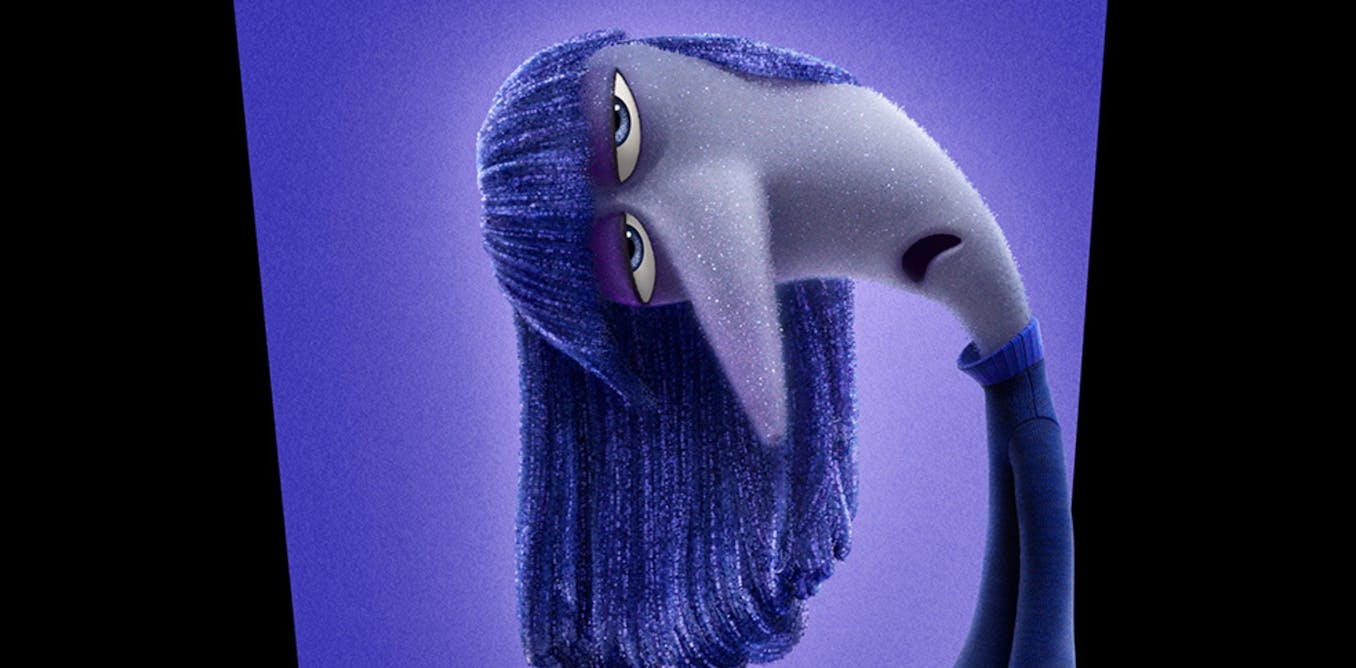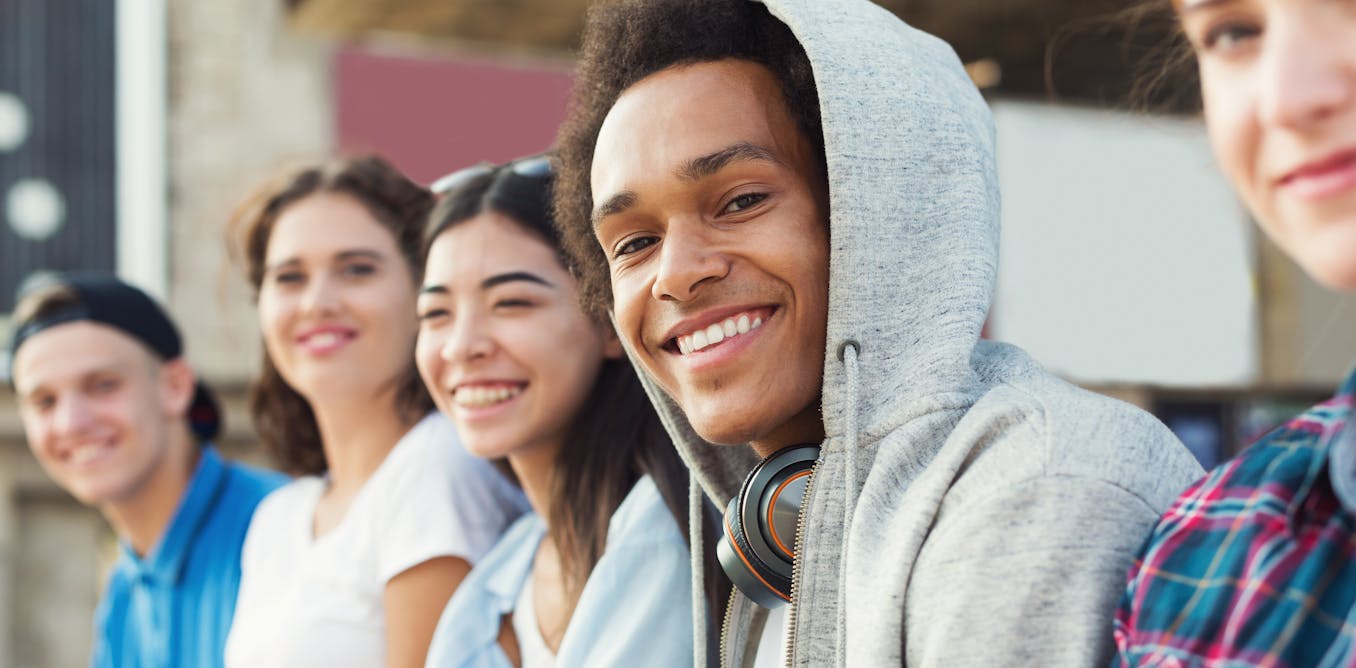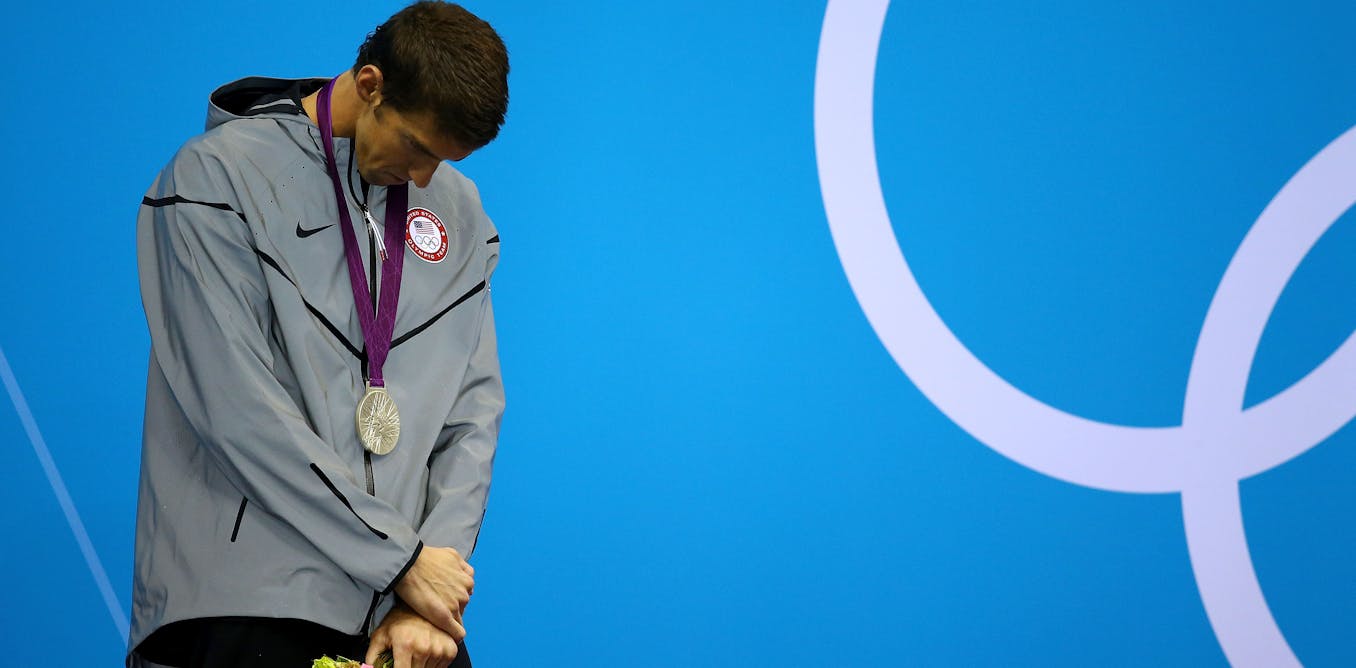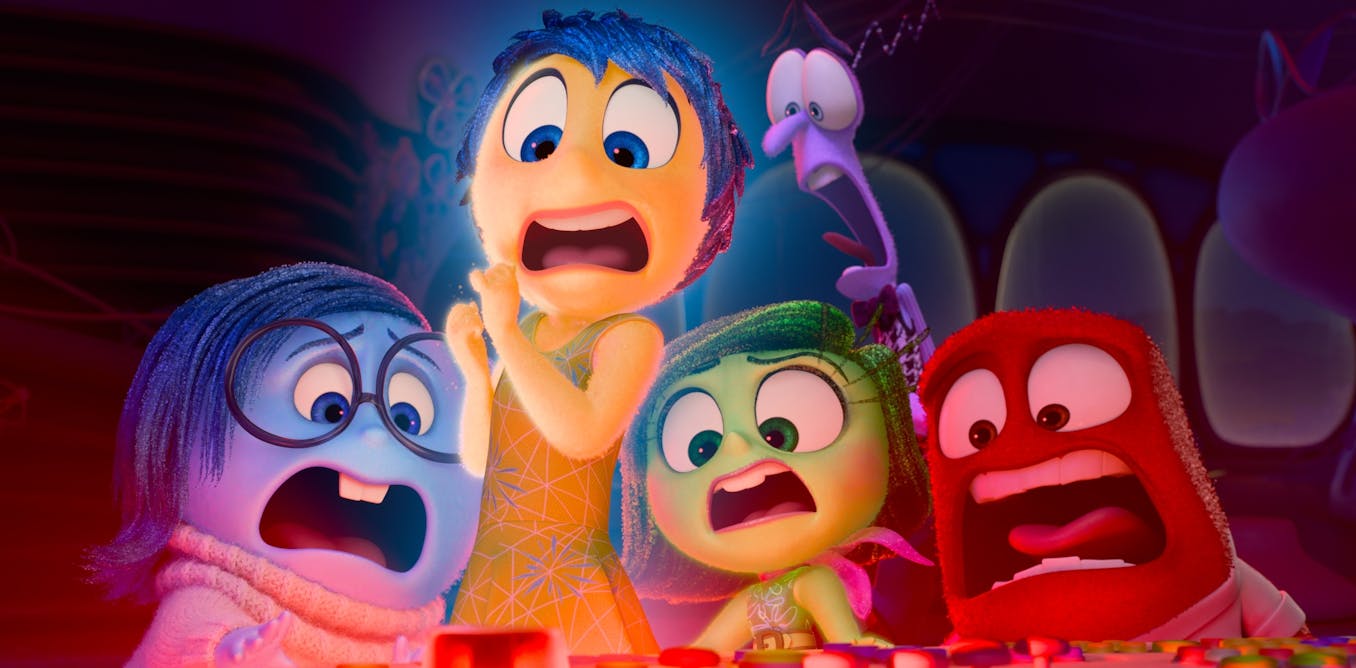For our own good: how the psychology of ‘nudging’ pushes us to make healthier choices – and raises ethical dilemmas
Guiding people towards healthy choices can avoid more restrictive measures down the line.
The Conversation > Psychology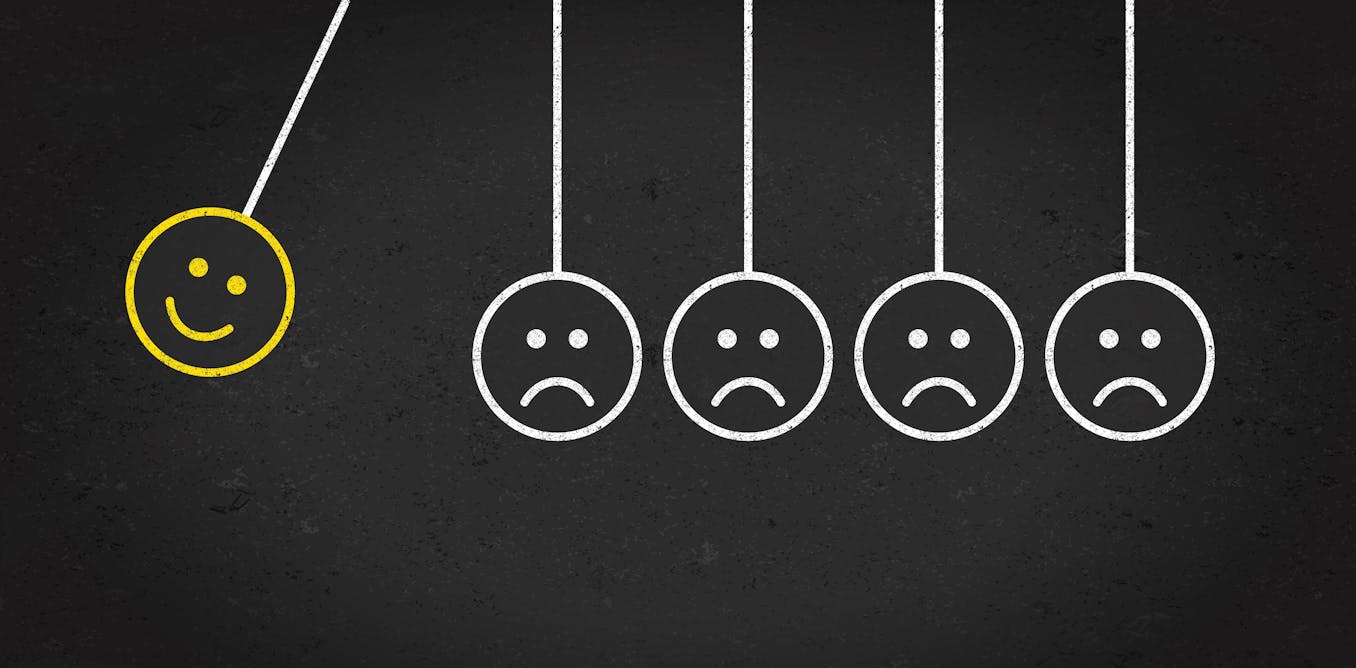
What do genes have to do with psychology? They likely influence your behavior more than you realize
Human psychology is influenced by a complex network of genes and environmental factors. Studying how and when genes fail to cooperate could broaden our understanding of behavior.
The Conversation > Psychology
Why are some people happy when they are dying?
Finding fulfilment at the end of life is not that unusual.
The Conversation > Psychology
Republicans wary of Republicans – how politics became a clue about infection risk during the pandemic
Reactions like disgust are part of the behavioral immune system that helps you avoid disease. Usually conservatives are more fearful of contamination – but something unusual happened during COVID-19.
The Conversation > Psychology
How being shot might affect Donald Trump’s mental health – and that of millions of others
After the attempted assassination of Donald Trump, speculation surrounds its effect on the 2024 US election. Yet few are considering the psychological impact on Trump himself.
The Conversation > Psychology
Euro 2024: how new psychology can help conquer the pressures of a penalty shootout
A newly developed technique called functional imagery training could help footballers improve their performance in the most pressured situations.
The Conversation > Psychology
Daydream a lot? Feel sluggish? Stare into space? You might have cognitive disengagement syndrome
Cognitive disengagement syndrome may be as common as ADHD, but it is vastly under-recognised.
The Conversation > Psychology
Euro 2024: have England lost their nerve? A psychologist explains
England’s recent lacklustre performances seem to be down to loss aversion – where the pain of losing is more intense than the satisfaction of winning.
The Conversation > Psychology
Childhood trauma linked to distrust of healthcare professionals – new research
New research finds a link between childhood trauma and a reduced engagement with healthcare services later in life.
The Conversation > Psychology
The MrBeast effect: an expert explains why we’re drawn to videos of random people winning big
If you’re not a zoomer, MrBeast may be the most famous person you’ve never heard of. The famous YouTuber is now in Australia, spurring awe and delight with his major prize giveaways.
The Conversation > Psychology
Echoism: the flip side of narcissism explained
Echoist tend to avoid or even reject attention. They are often attracted to narcissists.
The Conversation > Psychology
I’ve been diagnosed with cancer. How do I tell my children?
With around 1 in 50 people diagnosed with cancer each year, many will face the difficult task of sharing news of their diagnosis with children. Here’s what to consider.
The Conversation > Psychology
‘I love this work, but it’s killing me’: The unique toll of being a spiritual leader today
Spiritual leaders’ own pain often goes unnoticed as they tend to their community’s challenges.
The Conversation > Psychology
Inside Out 2 introduces Ennui – here’s what the character teaches us about boredom
As a researcher of how boredom shapes social media use among young people, I was particularly intrigued by the character of Ennui.
The Conversation > Psychology